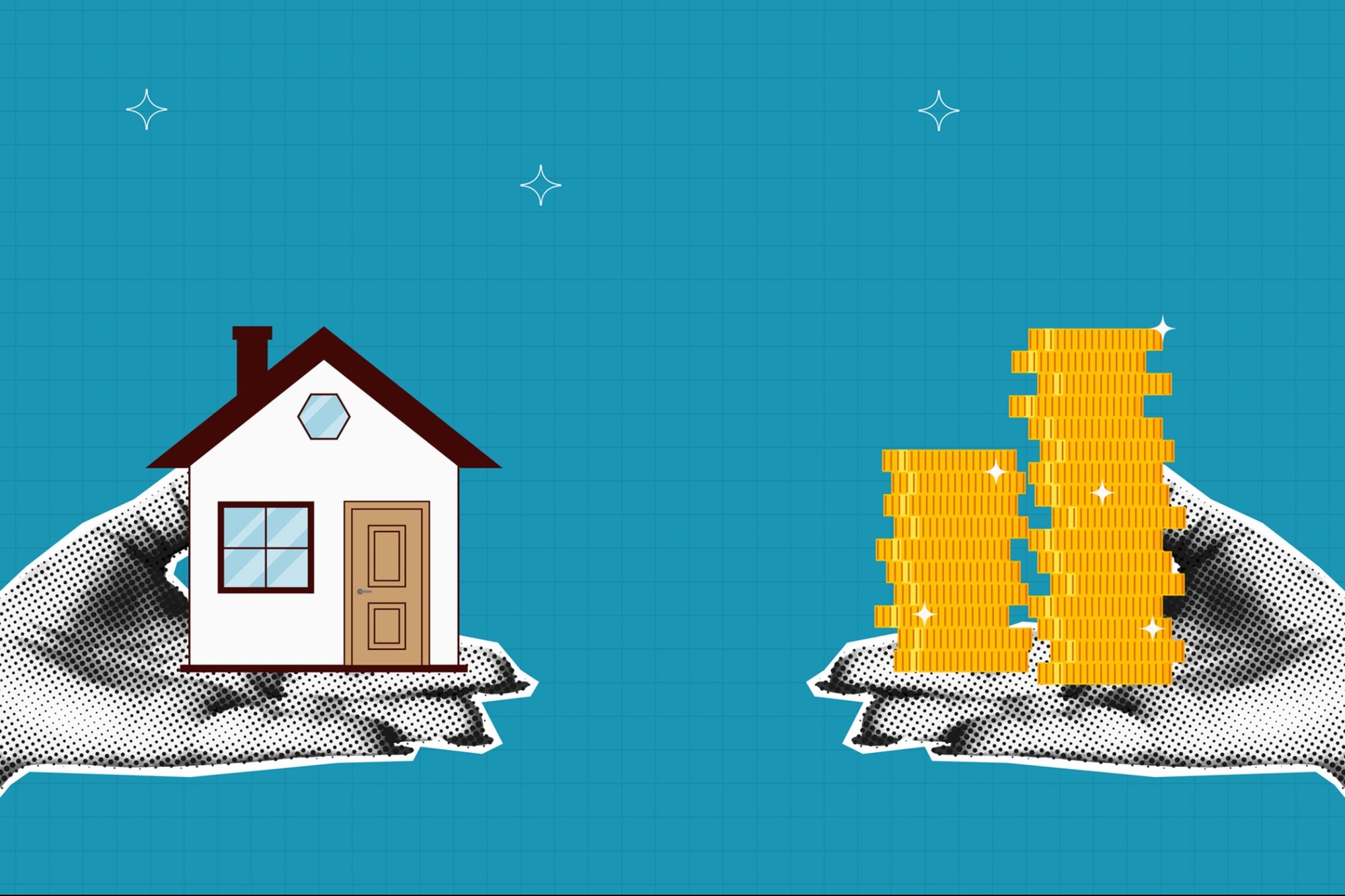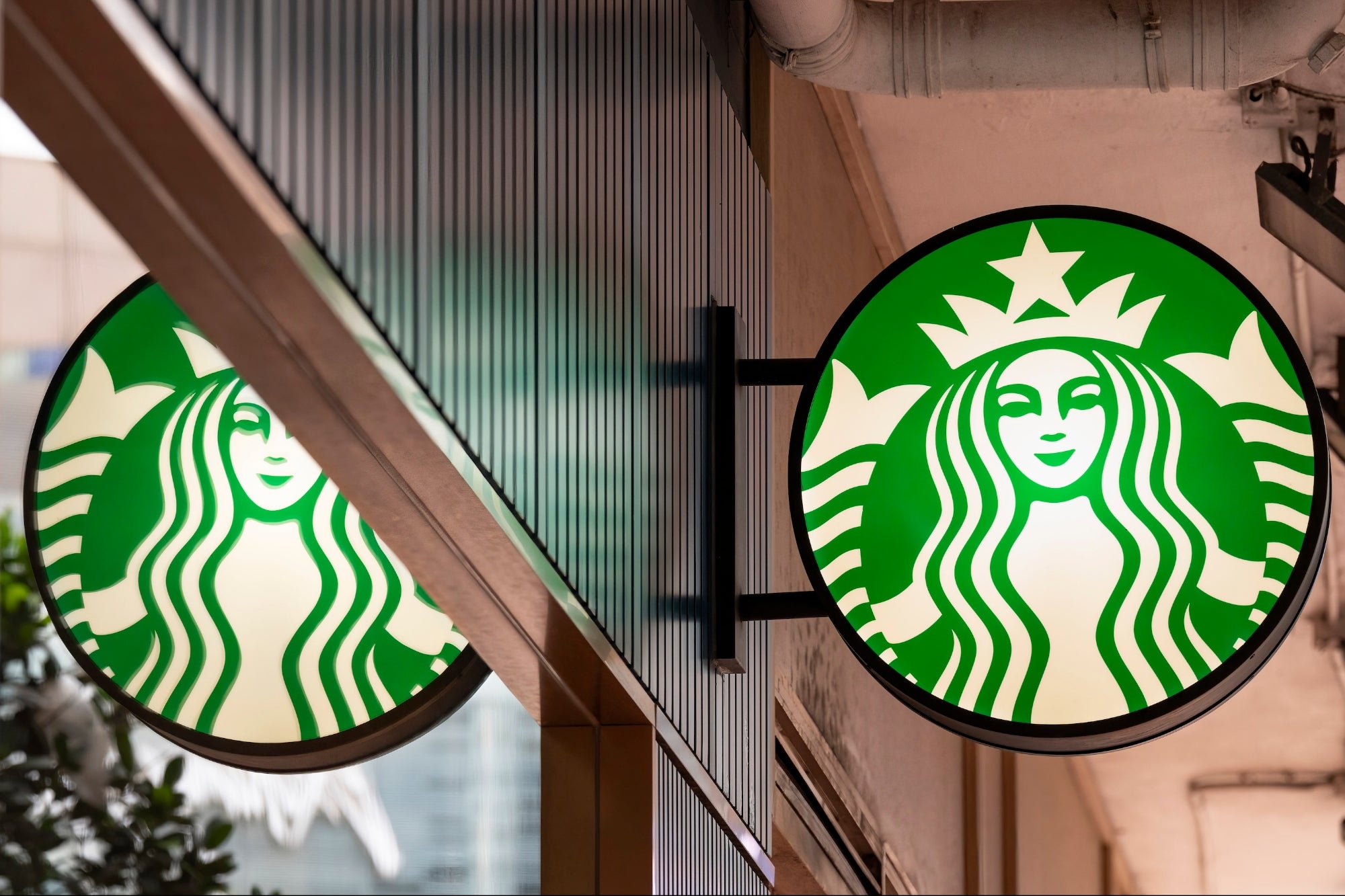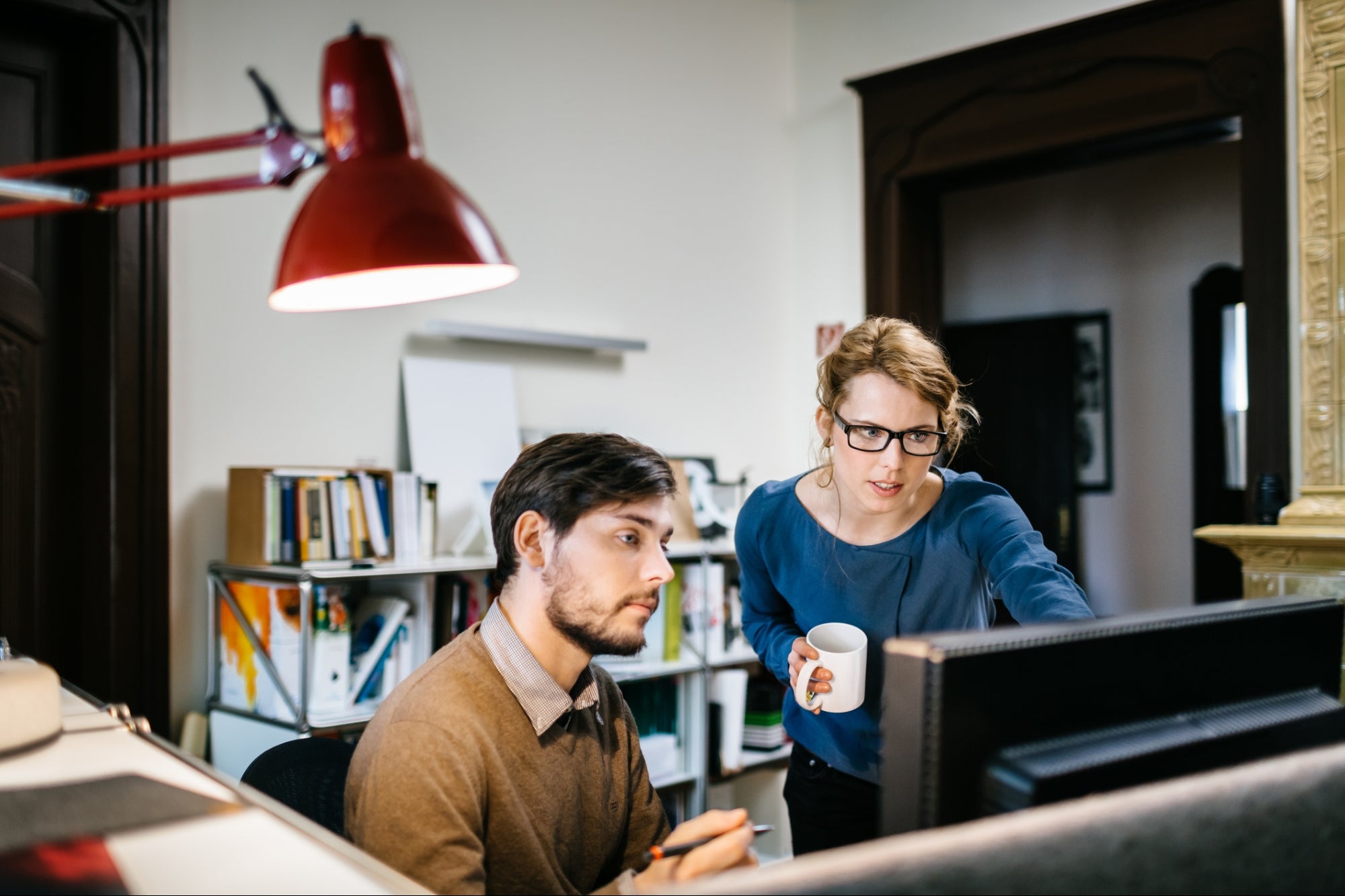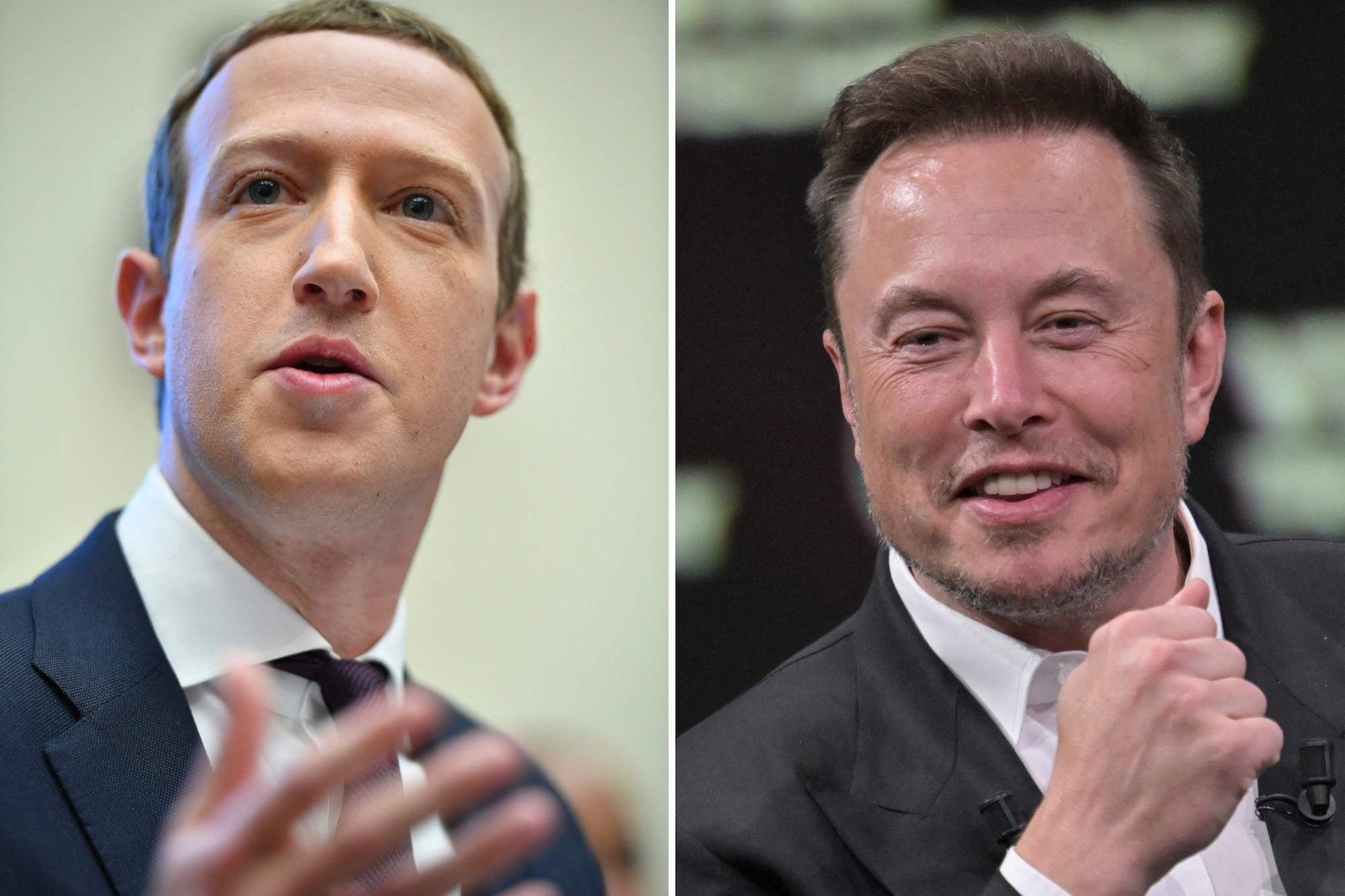Opinions expressed by Entrepreneur contributors are their own.
Another day, another housing headline. It’s a seller’s market — no, wait, now it’s a buyer’s market. Interest rates are “sure” to come down, and yet… we’re still waiting. Prices are soaring…or is a looming recession threatening a market collapse? With forecasts flip-flopping and rates stagnant, it’s become nearly impossible to predict what’s next — and even harder to plan for it.
For those of us living in high cost-of-living cities, the reality is even more complicated. A recent study found that renting is now more affordable than buying in all 50 of the largest U.S. metros. For example, a mortgage in New York City is 53% more expensive than rent. And that’s just the monthly cost. In May, the median sold price of a Manhattan home was $1.4 million. Try saving up a down payment for that!
The classic “American dream” of owning a home has never felt more out of reach. So, a growing number of aspiring homeowners, myself included, are making an unconventional choice: we’re buying our “second home” first.
Related: Compass Sues Zillow Over Its Listings Being ‘Banned’ Online
Where the dream started
For me, the story began in Lake George, a glacier-fed lake tucked into the southern edge of the Adirondack Mountains. Located about three and a half hours north of NYC, I first visited the area 15 years ago when I started dating my now-husband. Every summer, we returned for our annual camping trip — swimming in the crystal clear water, grilling every meal and basking in the kind of silence you forget exists when you live in a city. Inevitably though, at some point during every trip, when we were missing modern indulgences like hot showers and electricity, I would always think, “Wouldn’t it be nice to own a house here someday?”
From “someday” to strategy
Flash forward to 2023. After nearly six years abroad in London, we returned to NYC due to an illness in the family. Buying a home in the city felt impossible: inventory was low, prices were eye-wateringly high, and competition was intense. Plus, we weren’t even sure if New York would be our “forever home” (a phrase I despise for its permanence).
Instead of saving for years to attempt to buy in the city, we purchased a vacation home near Lake George and kept renting our apartment in NYC. We found a four-bedroom, three-bathroom secluded chalet on more than six wooded acres, just a short drive from the water. The median home price in the area is $314,000 — a million dollars less than Manhattan.
After some light renovations and thoughtful upgrades, we listed the property on Airbnb and VRBO and were blown away by the results. In our first year alone, we were booked for only 90 nights. And yet, that was enough to cover all of our annual costs, contribute to savings and fund capital improvements.
Related: Airbnb’s Pricing Is About to Look a Lot Different
A home that pays for itself
Unlike a primary home, where you alone are responsible for the mortgage, we now had rental revenue to cover the cost. Second home mortgages allow you to put as little as 10% down, a down payment goal that can feel more manageable given the lower average purchase price. And a 0% interest credit card allowed us to furnish the place, which we paid off once the bookings rolled in. We’re simultaneously building equity and enjoying the upside of appreciation, with comps in the area suggesting our home’s value has already increased by 15% in just two years.
Free vacations, real wealth
When our home isn’t booked, it’s ours to enjoy — a place to gather with family and friends. Not to mention, a peaceful escape from the chaos of city life. It’s flexible, it’s fulfilling and it doesn’t require us to be tied to one place forever.
Long weekends away in a place that’s already paying for itself is more than a perk — it’s a paradigm shift. While return-to-office mandates may dominate headlines, the reality is more nuanced, with 27% of U.S. employees still fully remote and 52% hybrid. That means that more than three-quarters of employees have some type of location flexibility. With more malleable schedules, people are reevaluating how they want to live — and more importantly, how they want to invest their money and their time.
A first step toward entrepreneurship
This wasn’t just a real estate decision — it was a lifestyle choice. A mindset shift. Managing a short-term rental taught me how to think like an entrepreneur: from pricing strategy and branding to vendor management and guest experience. I built systems, learned from mistakes, and optimized the property as both a personal retreat and a revenue stream.
It was our first vacation home, but it won’t be our last. Since that purchase, we’ve bought a second property and are currently under contract on a third. The model is sustainable, scalable and surprisingly accessible in a way that traditional real estate transactions often aren’t. In fact, it just may be the most modern, flexible and enjoyable wealth-building strategy out there. It has all the markings of a 401(k) — growing in value, building equity and even providing income — just with a fire pit and a lake view.
Another day, another housing headline. It’s a seller’s market — no, wait, now it’s a buyer’s market. Interest rates are “sure” to come down, and yet… we’re still waiting. Prices are soaring…or is a looming recession threatening a market collapse? With forecasts flip-flopping and rates stagnant, it’s become nearly impossible to predict what’s next — and even harder to plan for it.
For those of us living in high cost-of-living cities, the reality is even more complicated. A recent study found that renting is now more affordable than buying in all 50 of the largest U.S. metros. For example, a mortgage in New York City is 53% more expensive than rent. And that’s just the monthly cost. In May, the median sold price of a Manhattan home was $1.4 million. Try saving up a down payment for that!
The classic “American dream” of owning a home has never felt more out of reach. So, a growing number of aspiring homeowners, myself included, are making an unconventional choice: we’re buying our “second home” first.
The rest of this article is locked.
Join Entrepreneur+ today for access.








